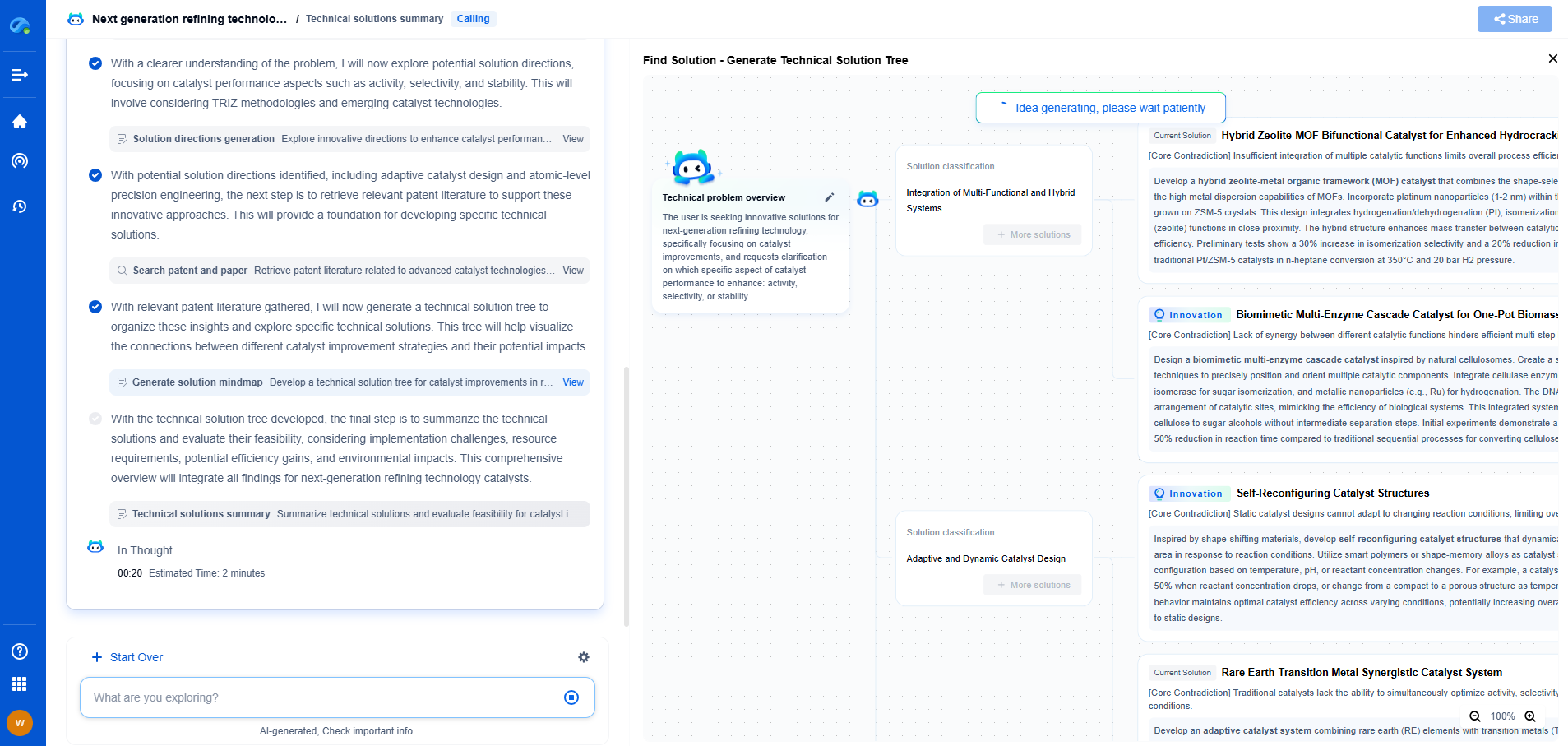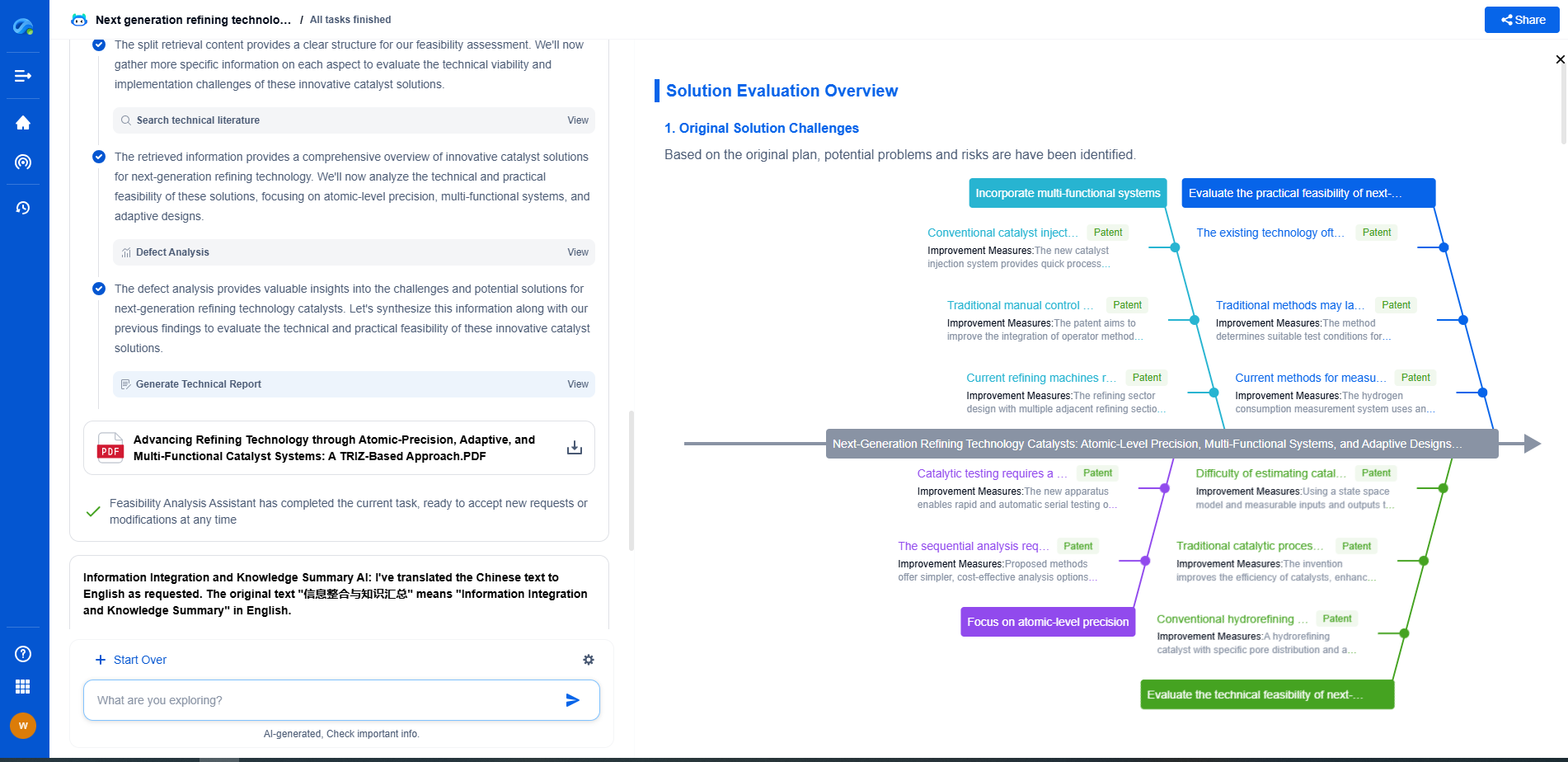What Is RTP/RTCP? Streaming Media Delivery Protocols Explained
JUN 27, 2025 |
Streaming media has become an integral part of our digital lives, allowing us to access music, videos, and live broadcasts with ease. Behind the scenes, complex protocols work harmoniously to ensure a smooth and reliable streaming experience. Two crucial protocols in this ecosystem are RTP (Real-time Transport Protocol) and RTCP (Real-time Transport Control Protocol). Let's delve into how these protocols function and their significance in streaming media delivery.
What is RTP?
RTP, or Real-time Transport Protocol, is designed to facilitate the transfer of real-time data such as audio and video over networks. It operates primarily over UDP (User Datagram Protocol), ensuring low latency essential for live streaming. RTP provides mechanisms for time-stamping and sequencing data packets, allowing receivers to reconstruct audio and video in the correct order. This is vital for maintaining the integrity and quality of media streams.
Since RTP itself doesn't guarantee delivery, it’s often paired with additional protocols that handle error correction and retransmission when necessary. Despite this, RTP remains a cornerstone protocol due to its efficiency in handling real-time data.
The Role of RTCP
RTCP, or Real-time Transport Control Protocol, works alongside RTP to provide feedback on the quality of the data transmission. While RTP is responsible for the actual delivery of media content, RTCP gathers statistics about the stream's performance and conveys this information to the sender. These statistics include packet loss, delay, and jitter, which are crucial for diagnosing network issues and optimizing streaming quality.
RTCP functions by periodically sending control packets to all participants in the stream, enabling them to adjust their transmission strategies dynamically. Through this feedback loop, senders can modify their data rates or change compression algorithms to maintain optimal streaming conditions.
Synchronization and Timing
One of the key aspects of RTP and RTCP is their ability to synchronize media streams. When streaming audio and video, timing is essential to ensure that these components are delivered and played back in harmony. RTP uses timestamps to align media samples correctly, while RTCP provides additional synchronization information, particularly when multiple streams are involved.
This synchronization capability is significant for applications such as video conferencing, where audio and video must be perfectly in sync to provide a seamless user experience. By utilizing both RTP and RTCP, streaming platforms can deliver synchronized media without noticeable delays or disruptions.
Scalability and Flexibility
RTP and RTCP are designed to handle a wide range of multimedia applications, from simple audio streaming to complex multi-participant conferences. Their flexibility is evident in their ability to adapt to various network conditions, making them suitable for both fixed and mobile environments.
Additionally, RTP supports multiple payload formats, allowing it to transport different types of media data efficiently. This versatility ensures that RTP can be implemented in various streaming scenarios, providing a robust framework for media delivery across diverse platforms.
Security Considerations
Although RTP and RTCP are efficient and flexible, security remains a concern in streaming media delivery. RTP itself does not provide inherent security features, which makes it susceptible to issues such as packet interception or tampering. To address these concerns, RTP is often used with security protocols like SRTP (Secure Real-time Transport Protocol), which encrypts the data to protect against unauthorized access.
RTCP also benefits from secure mechanisms to ensure the integrity of control messages. Implementing security measures is crucial for safeguarding streaming media, particularly in environments where sensitive data is transmitted.
Future Prospects
As streaming technology continues to evolve, RTP and RTCP are expected to adapt and incorporate new features to meet emerging demands. Enhancements in adaptive streaming techniques, improved error correction algorithms, and better integration with cloud-based solutions are anticipated to further refine these protocols.
With increasing reliance on streaming for entertainment, communication, and education, RTP and RTCP remain vital components in delivering high-quality, real-time media experiences. Their continued development promises to enhance the efficiency and reliability of streaming services, ensuring they meet the growing expectations of users worldwide.
In conclusion, understanding RTP and RTCP is essential for anyone interested in the mechanics of streaming media. These protocols form the backbone of real-time data delivery, providing the tools necessary to ensure smooth, synchronized, and reliable streaming experiences. Whether you're a developer, network engineer, or simply a curious consumer, appreciating the role of RTP and RTCP can deepen your understanding of the technology that powers our digital world.
Unlock Next-Gen Innovation in Communication Technology with Patsnap Eureka
The field of communication technology is evolving at breakneck speed—from 5G and satellite systems to next-gen wireless protocols and quantum communications. Staying ahead demands more than just information—it requires strategic insights, real-time patent intelligence, and a deep understanding of technological trajectories.
Patsnap Eureka, our intelligent AI assistant built for R&D professionals in high-tech sectors, empowers you with real-time expert-level analysis, technology roadmap exploration, and strategic mapping of core patents—all within a seamless, user-friendly interface. Whether you're optimizing signal processing designs, navigating 3GPP standards, or exploring IP strategies for IoT and 6G networks, Eureka helps you move faster, think deeper, and innovate smarter.
Try Patsnap Eureka today—and see how it can transform the way you work across the entire communication technology innovation lifecycle.
- R&D
- Intellectual Property
- Life Sciences
- Materials
- Tech Scout
- Unparalleled Data Quality
- Higher Quality Content
- 60% Fewer Hallucinations
Browse by: Latest US Patents, China's latest patents, Technical Efficacy Thesaurus, Application Domain, Technology Topic, Popular Technical Reports.
© 2025 PatSnap. All rights reserved.Legal|Privacy policy|Modern Slavery Act Transparency Statement|Sitemap|About US| Contact US: help@patsnap.com

